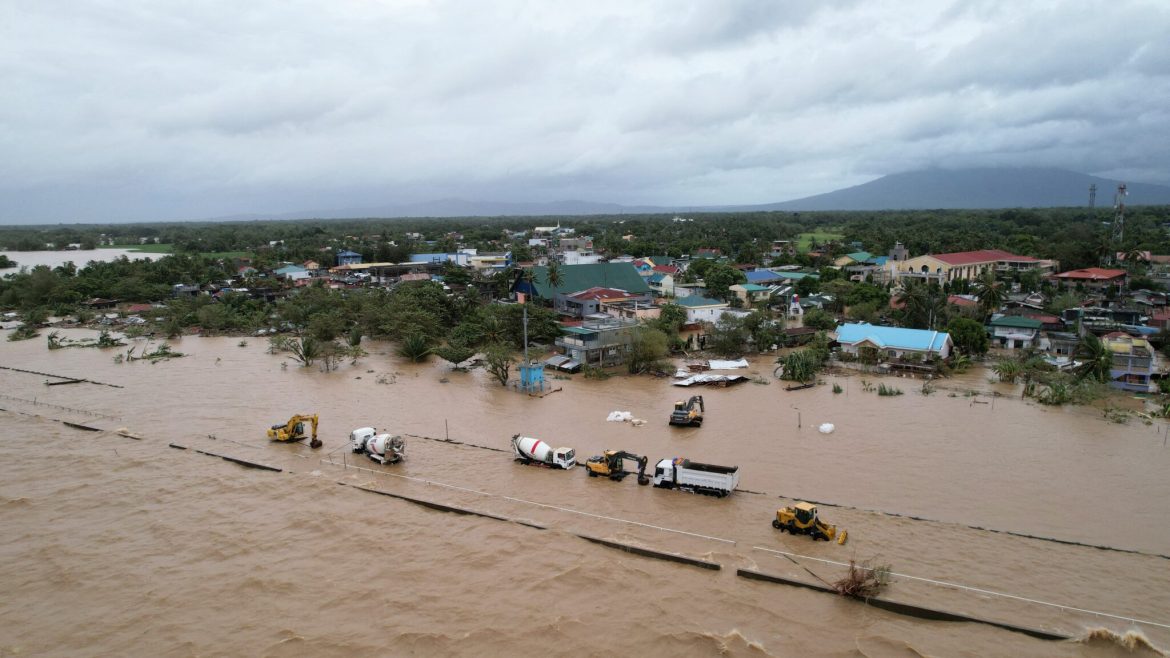A new report from Unicef reveals that extreme weather events, including heatwaves, cyclones, and floods, disrupted the education of 242 million children worldwide in 2024.
The disruptions affected children in 85 countries, or about one in every seven school-age children globally.
The report explains how heatwaves caused school closures in several regions, as intense temperatures made classrooms unsafe.
Cyclones and floods also damaged school infrastructure, forcing many schools to close temporarily and delaying the restoration of educational facilities.
In some areas, communities had to rebuild schools before they could reopen.
Unicef also highlights how these disruptions disproportionately impacted poorer regions, where limited resources made it harder to repair schools and resume education, worsening existing inequalities.
The report stresses the long-term consequences of these interruptions, including setbacks in children’s academic progress.
Unicef urges governments and organizations to prioritize building resilience in education systems by constructing weather-resistant school buildings and implementing emergency plans to reduce disruptions.
Unicef calls for more international cooperation to address the challenges climate change poses to education.
The report emphasizes the need to increase funding for initiatives that protect education from extreme weather, as these events are expected to intensify.

